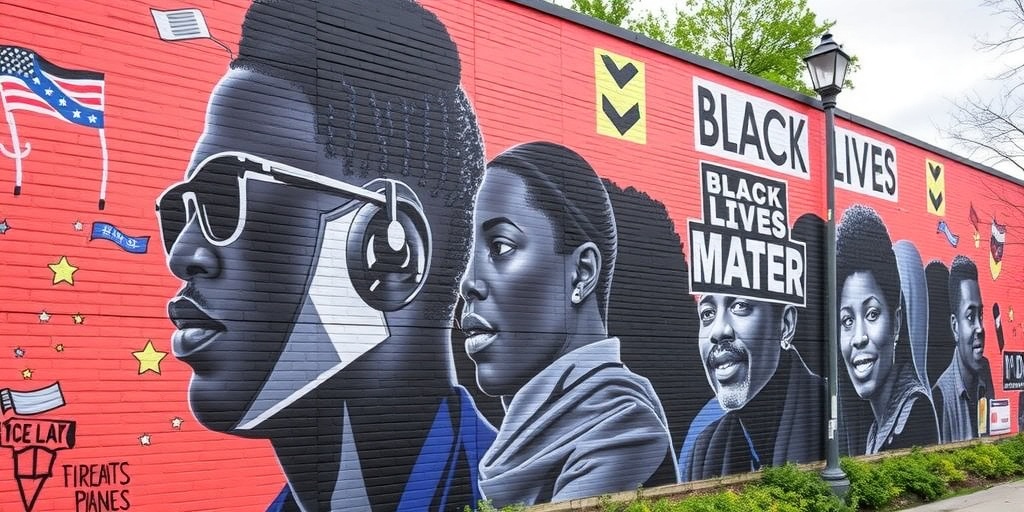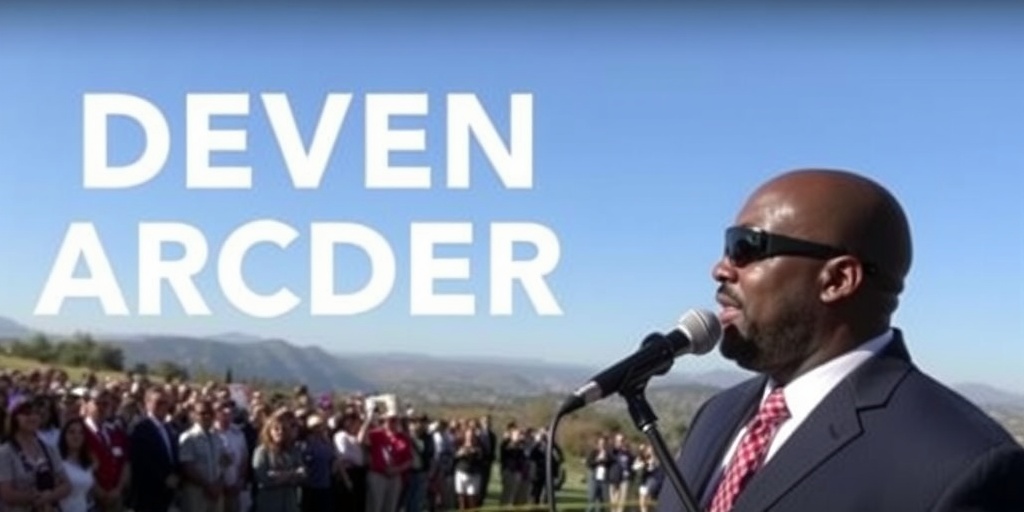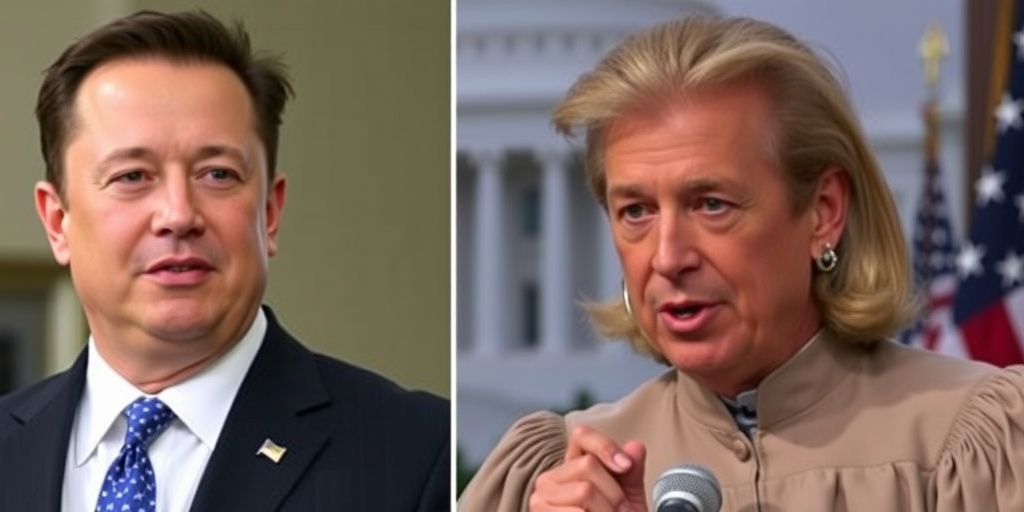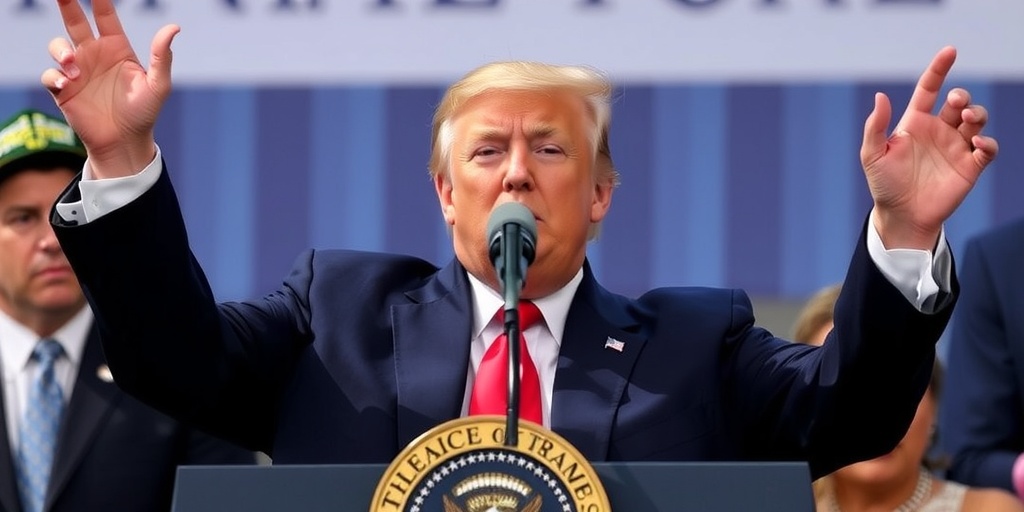Now Reading: Republicans Cite Newsom in Transgender Sports Hearing
-
01
Republicans Cite Newsom in Transgender Sports Hearing
Republicans Cite Newsom in Transgender Sports Hearing
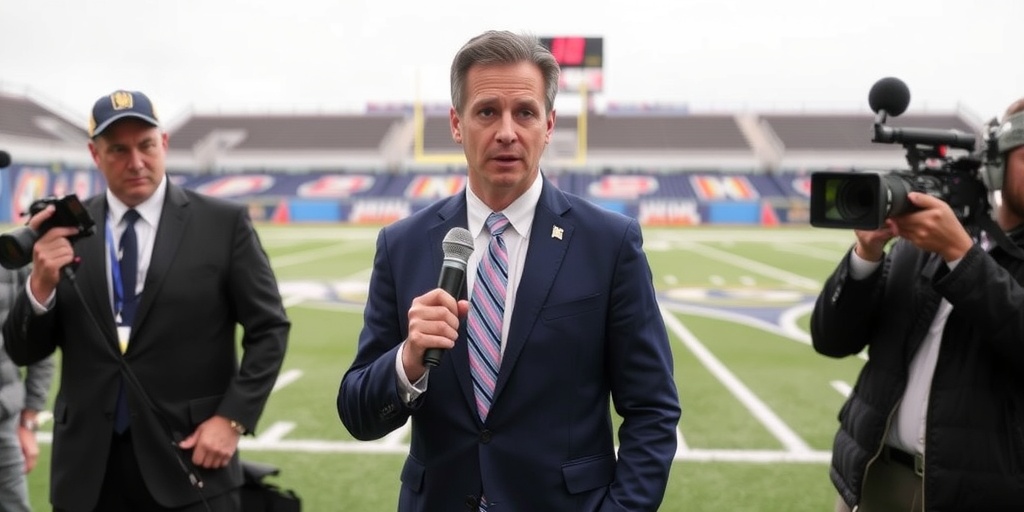
In an unprecedented assembly at the California State Capitol, a deep divide among Democrats emerged over the contentious issue of transgender athletes participating in women’s sports. This unusual debate, which took place on Tuesday, saw Republicans leveraging statements made by Governor Gavin Newsom. Meanwhile, his fellow Democrats largely refrained from mentioning him directly, even as the discussion centered around two Republican bills aimed at banning transgender athletes from competing in female sports. This controversy ignited just days after Newsom reiterated his stance, declaring the participation of transgender athletes as “deeply unfair” to biological females.
Karen England, the executive director of the Capitol Resource Institute, a conservative advocacy group, remarked, “For the first time ever, Gavin Newsom and I agree,” highlighting the surprising and divisive nature of the debate. Despite the support from some sectors, the Democratic-controlled Assembly Committee on Arts, Entertainment, Sports, and Tourism ultimately voted against the proposed bills after an extensive hearing that attracted numerous speakers.
In a striking shift, Newsom, a long-time advocate for expanding LGBTQ rights, publicly diverged from his party’s traditional stance last month during an episode of his podcast. He articulated his belief that transgender athletes competing in women’s sports was inequitable. Additionally, during an appearance on “Real Time With Bill Maher,” the governor criticized the current perception of the Democratic Party, labeling its brand as “toxic.” However, as the bills came to the floor, Newsom remained silent, prompting speculation about his political motivations and allegiances.
The unusual rift within California’s Democratic Party over LGBTQ rights raised eyebrows, given that such divisions are typically reserved for issues related to the environment, economy, and education. While Democrats historically have rallied around expanding civil rights, the topic of transgender participation in sports has sparked significant debate and disagreement.
Chris Ward, a Democratic assemblyman and leader of the LGBTQ caucus, expressed concern about Newsom’s comments exacerbating tensions within the party. He suggested that the governor’s position could be exploited by what he termed an “extremist agenda.” On the other side, Republican lawmakers like Assemblywoman Kate Sanchez and Assemblyman Bill Essayli referenced Newsom’s remarks as they advocated for their bills, which sought to restrict the participation of transgender athletes in women’s sports.
Essayli, in a pointed remark, alluded to Newsom’s words, stating, “To quote Governor Newsom, that right-wing extremist, this is an issue of fundamental fairness.” This comment underscored the shifting landscape in California politics, where previously solid alignments are now being questioned.
The hearing drew a diverse audience, with attendees ranging from teenagers in “Save Girls Sports” shirts to families advocating for transgender rights. The room was filled to capacity, with many more waiting outside, signaling the strong public interest in the issue. Advocates for both sides of the argument presented their views, highlighting the emotional and contentious nature of the debate.
Democratic representatives argued that passing the bills could further alienate transgender youth, a vulnerable demographic. Some expressed the belief that lawmakers should refocus their efforts on issues that resonate more broadly with constituents, such as housing, crime, and healthcare. Assembly Speaker Robert Rivas, who addressed the hearing despite not being a committee member, noted that constituents seldom approach him about team compositions in youth sports.
Polling data indicates a significant proportion of Americans share concerns similar to those expressed in the hearing. A recent Times/Ipsos poll revealed that 79% of Americans—67% of whom identify as Democrats—believe transgender athletes should not compete in female sports. This statistic reveals a tangible disconnect between party leadership and public opinion on social issues.
Despite being a powerful Democratic figure, Newsom faced backlash from Republicans who criticized him for not supporting the proposed bans. James Gallagher, the Assembly’s Republican leader, suggested that Newsom’s silence indicated a lack of genuine commitment to the issue of fairness for young women in sports, insinuating that his comments were more politically motivated than sincere.
With the threat of potential federal action looming, Republican lawmakers expressed renewed determination. They anticipated that the Trump administration, which has been vocal about opposing transgender inclusion in sports nationally, could shift California’s policy landscape by threatening to withhold federal funding from the state. Trump’s administration had earlier sent directives asserting that California’s laws protecting transgender students might violate federal mandates, raising concerns about legal repercussions.
As debates around transgender rights continue to evolve at both state and national levels, California stands at a critical crossroad. The juxtaposition between traditional party values and emerging individual perspectives may redefine the dynamics within the state’s political landscape, leaving a lasting impact on the future discourse surrounding transgender rights in sports and beyond.
Stay Informed With the Latest & Most Important News
Previous Post
Next Post
-
 01New technology breakthrough has everyone talking right now
01New technology breakthrough has everyone talking right now -
 02Unbelievable life hack everyone needs to try today
02Unbelievable life hack everyone needs to try today -
 03Fascinating discovery found buried deep beneath the ocean
03Fascinating discovery found buried deep beneath the ocean -
 04Man invents genius device that solves everyday problems
04Man invents genius device that solves everyday problems -
 05Shocking discovery that changes what we know forever
05Shocking discovery that changes what we know forever -
 06Internet goes wild over celebrity’s unexpected fashion choice
06Internet goes wild over celebrity’s unexpected fashion choice -
 07Rare animal sighting stuns scientists and wildlife lovers
07Rare animal sighting stuns scientists and wildlife lovers













